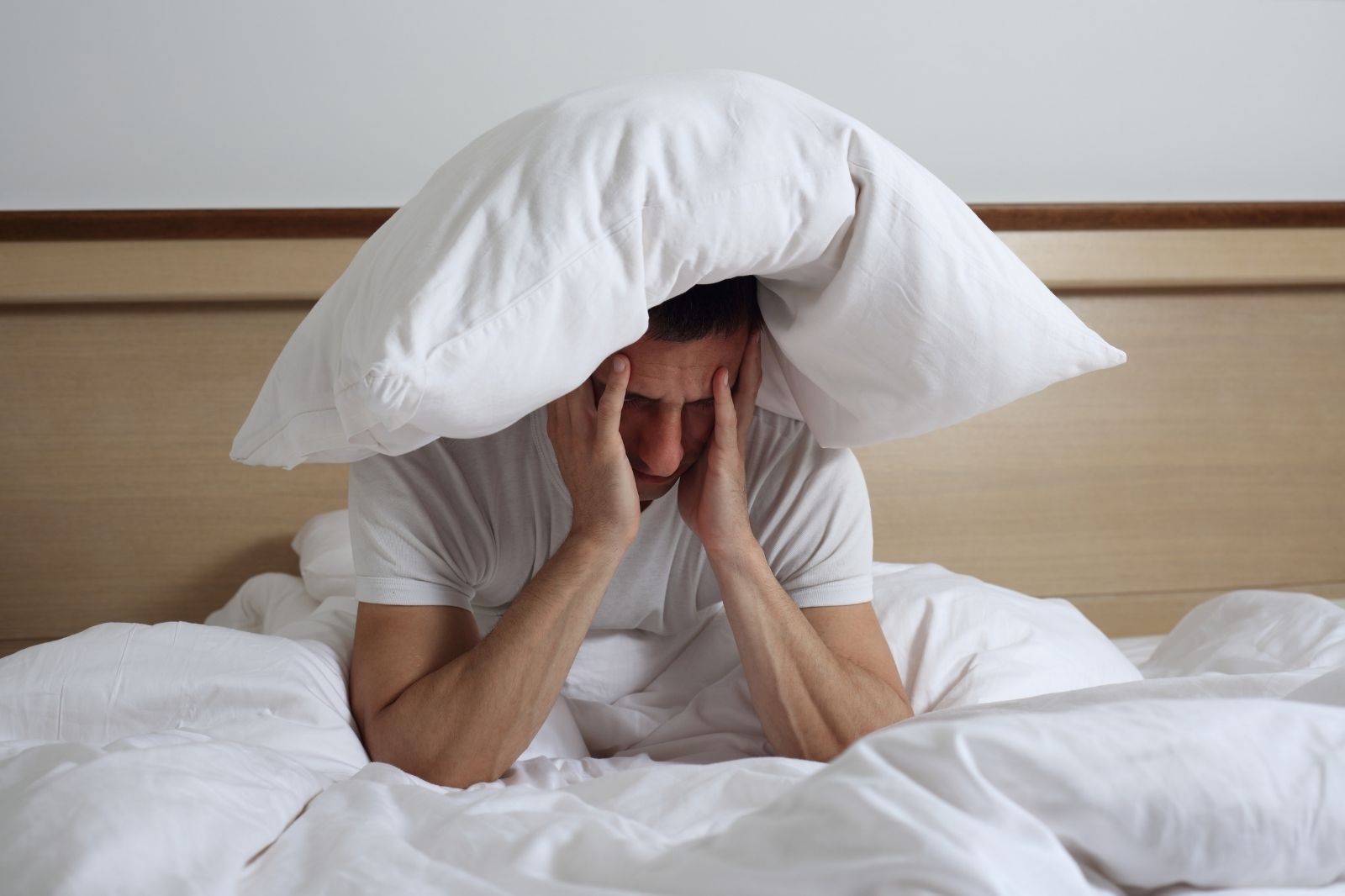The Link Between Sleep Disorders and Parkinson’s Disease

Sleep disorders are increasingly recognized as a significant concern in managing Parkinson’s disease, a progressive neurodegenerative disorder that affects movement and balance. The relationship between sleep disturbances and Parkinson’s disease is complex and multifaceted, impacting not only the quality of life but also the progression and management of the disease. Understanding this connection is crucial for improving patient outcomes and developing more effective treatment strategies. Here’s a comprehensive exploration of the link between sleep disorders and Parkinson’s disease, and why addressing sleep issues is essential for optimal care.
Understanding Parkinson’s Disease
Parkinson’s disease is characterized by the gradual degeneration of dopamine-producing neurons in the brain, leading to symptoms such as tremors, rigidity, bradykinesia (slowness of movement), and postural instability. In addition to these motor symptoms, Parkinson’s disease is associated with a range of non-motor symptoms, including cognitive changes, mood disturbances, and significant sleep disorders.
Common Sleep Disorders in Parkinson’s Disease
Sleep disturbances are prevalent among individuals with Parkinson’s disease, affecting up to 80% of patients. These disturbances can significantly impact daily functioning and overall well-being. Common sleep disorders associated with Parkinson’s disease include:
- Insomnia: Difficulty falling asleep or staying asleep is common in Parkinson’s patients. Factors contributing to insomnia include anxiety, motor symptoms, and medication side effects.
- Restless Legs Syndrome (RLS): This condition involves uncomfortable sensations in the legs and an irresistible urge to move them, often disrupting sleep. RLS can be exacerbated by Parkinson’s disease and contribute to poor sleep quality.
- Rapid Eye Movement (REM) Sleep Behavior Disorder (RBD): RBD is characterized by acting out dreams during REM sleep, which can lead to violent movements and potential injury. RBD is commonly observed in Parkinson’s patients and can precede the onset of motor symptoms.
- Sleep Apnea: Obstructive sleep apnea (OSA) is another sleep disorder that affects many individuals with Parkinson’s disease. OSA involves repeated interruptions in breathing during sleep, leading to fragmented sleep and increased daytime sleepiness.
The Impact of Sleep Disorders on Parkinson’s Disease
Sleep disorders can have a profound impact on Parkinson’s disease, exacerbating symptoms and complicating disease management:
- Worsened Motor Symptoms: Poor sleep can lead to increased motor symptoms, such as tremors and rigidity, making it more challenging to manage daily activities. Sleep disturbances can also contribute to increased daytime fatigue and difficulty with motor control.
- Cognitive Decline: Inadequate sleep can accelerate cognitive decline in Parkinson’s patients. Sleep is crucial for cognitive processes such as memory consolidation and learning, and chronic sleep deprivation can worsen cognitive impairments associated with Parkinson’s disease.
- Mood Disorders: Sleep disturbances are linked to mood disorders such as depression and anxiety, which are common in Parkinson’s disease. Poor sleep can exacerbate mood symptoms, creating a cycle of distress and impacting overall quality of life.
- Complicated Medication Management: Sleep disorders can affect how medications are absorbed and metabolized. Additionally, some Parkinson’s medications can have side effects that interfere with sleep.
Addressing Sleep Disorders in Parkinson’s Disease
Effective management of sleep disorders is essential for improving quality of life and optimizing Parkinson’s disease treatment. Strategies for addressing sleep issues include:
- Sleep Hygiene: Establishing good sleep hygiene practices can improve sleep quality. This includes maintaining a consistent sleep schedule, creating a relaxing bedtime routine, and optimizing the sleep environment (e.g., reducing noise and light).
- Medication Review: Reviewing and adjusting Parkinson’s medications with a healthcare provider can help address side effects that impact sleep. In some cases, medications may need to be modified or timed differently to minimize sleep disturbances.
- Cognitive Behavioral Therapy for Insomnia (CBT-I): CBT-I is a structured therapy designed to address insomnia by changing sleep-related thoughts and behaviors. This therapy can be beneficial for Parkinson’s patients struggling with chronic insomnia.
- Treatment for RLS: Managing restless legs syndrome may involve lifestyle changes, such as regular exercise and reducing caffeine intake, as well as medications specifically targeting RLS symptoms.
- Sleep Apnea Management: Continuous positive airway pressure (CPAP) therapy is a common treatment for obstructive sleep apnea. For Parkinson’s patients with sleep apnea, CPAP can improve sleep quality and reduce daytime sleepiness. A mandibular advancement device (MAD), also known as an anti-snoring mouthpiece, can also be useful in treating sleep apnea.
- Addressing RBD: For REM sleep behavior disorder, ensuring safety during sleep and using medications to manage symptoms can help reduce the risk of injury and improve sleep quality.
Future Research Directions
Ongoing research aims to better understand the relationship between sleep disorders and Parkinson’s disease. Studies are exploring how poor sleep may influence the progression of Parkinson’s disease, as well as how treating it might impact Parkinson’s symptoms and disease progression.
Conclusion
The link between sleep disorders and Parkinson’s disease underscores the importance of a holistic approach to managing this complex condition. Addressing sleep issues can significantly enhance quality of life, alleviate symptoms, and improve overall disease management. As research continues to explore this connection, healthcare providers need to consider sleep disorders as a critical component of Parkinson’s disease care.
Why Trust Us?
At The Sleeping Institute, we're dedicated to transparency, impartiality, and accuracy in every article we publish. Our reviews are based on comprehensive analysis and firsthand experience. Staying current with the latest advancements in sleep technology, we offer up-to-date, reliable, and unbiased information to help you make informed decisions for a better night's rest. Let us be your trusted guide in the ever-evolving world of sleep technology!